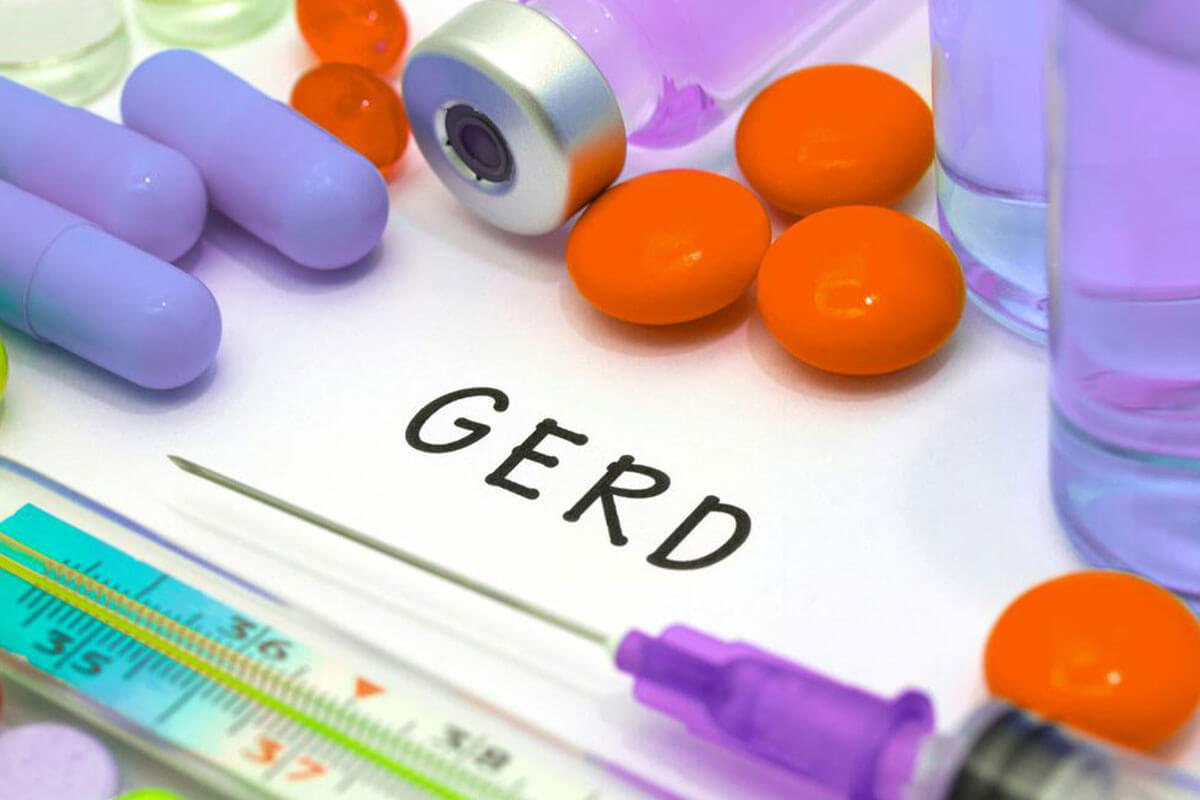Comprehensive Approaches to Managing and Reducing Acid Reflux Symptoms Effectively
This comprehensive article explores effective strategies for managing acid reflux symptoms, including lifestyle modifications, dietary changes, medications, and surgical options. It emphasizes the importance of early diagnosis and personalized treatment to prevent complications and ensure long-term relief from acid reflux. Practical tips for daily management and when to seek medical advice are also included, providing valuable guidance for individuals suffering from GERD.

Effective Strategies to Alleviate and Manage Acid Reflux Symptoms
Acid reflux, a common digestive disorder, occurs when stomach acid flows backward into the esophagus, leading to discomfort, a burning sensation known as heartburn, and other troublesome symptoms. This condition is often caused by a weakened or relaxed lower esophageal sphincter (LES), which normally acts as a valve to prevent stomach contents from rising into the esophagus. When this barrier fails, it results in acids and other digestive fluids irritating the delicate lining of the esophagus, leading to the characteristic symptoms associated with acid reflux or gastroesophageal reflux disease (GERD). Recognizing the signs early and understanding the underlying causes are crucial steps toward effective management.
Managing acid reflux involves a combination of lifestyle adjustments, dietary modifications, and in some cases, medical interventions. While minor symptoms can often be controlled with over-the-counter remedies and lifestyle changes, persistent or severe cases might require prescription medications or even surgical procedures. A holistic approach that addresses both immediate relief and long-term prevention is vital for individuals suffering from recurring reflux symptoms.
Common signs and symptoms of acid reflux include: persistent heartburn, chest discomfort, sour or bitter taste in the mouth, difficulty swallowing, hoarseness, cough, and a sensation of a lump in the throat. Recognizing these markers early can help prevent complications like esophageal inflammation, strictures, or Barrett's esophagus.
Effective management begins with practical lifestyle changes. Adjusting eating habits is fundamental—avoiding trigger foods such as spicy dishes, fatty foods, citrus, garlic, chocolate, caffeine, and carbonated beverages can significantly reduce reflux episodes. Maintaining a healthy weight is also vital, as excess abdominal fat increases pressure on the stomach and LES, promoting reflux. Elevating the head of the bed by about 6 to 8 inches during sleep can prevent nighttime acid movement, and wearing loose-fitting clothing reduces unnecessary pressure on the stomach area.
Additionally, avoiding lying down immediately after eating, typically waiting at least two to three hours, helps minimize reflux. Smoking cessation is highly recommended since tobacco relaxes the LES and impairs esophageal clearance. Incorporating stress reduction techniques, such as meditation and deep breathing exercises, can also decrease stress-induced reflux episodes, as stress impacts gut motility and acid production.
On the pharmacological front, over-the-counter antacids, such as Tums and Mylanta, provide quick relief by neutralizing stomach acid. H-2 receptor blockers like famotidine, nizatidine, and ranitidine work by decreasing acid production in the stomach and are suitable for mild to moderate symptoms. Proton pump inhibitors (PPIs)—including omeprazole, lansoprazole, and rabeprazole—are more potent medications that effectively heal damaged esophageal tissue and provide longer-lasting relief from symptoms. It's important to use these medications under medical supervision to avoid potential side effects.
For cases where medications do not control symptoms effectively, or in severe or complicated reflux cases, surgical options may be considered. Procedures such as Fundoplication involve wrapping part of the stomach around the LES to strengthen it, thereby preventing reflux. The LINX Reflux Management System, an implantable magnetic device, can also help to improve LES function. These surgical options are generally reserved for patients with diagnosed GERD who have not responded well to medications or lifestyle changes.
Alongside medical treatments, complementary and herbal remedies may provide additional relief. Iberogast, a herbal supplement, has shown promise in reducing reflux symptoms, while melatonin may help improve esophageal function and promote healing. Some patients find relaxation techniques, such as yoga or meditation, beneficial in reducing stress-related reflux episodes. Proper diet and stress management, combined with medical treatment, offer the best chance for long-term symptom control.
It is crucial for individuals experiencing persistent or severe acid reflux symptoms to consult a healthcare professional for accurate diagnosis and personalized treatment planning. Chronic reflux can lead to serious complications if left untreated, including esophageal ulcers, strictures, or precancerous changes. Early intervention and adherence to recommended lifestyle and medical strategies are essential for maintaining esophageal health and improving quality of life.





